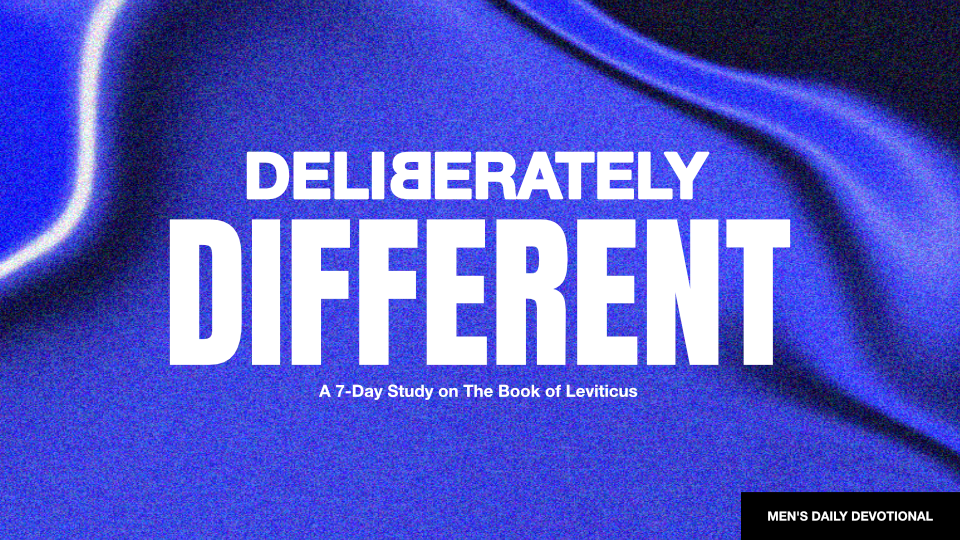Bible Verse: Then Moses brought Aaron and his sons forward and washed them with water. He put the tunic on Aaron, tied the sash around him, clothed him with the robe and put the ephod on him. He also fastened the ephod with a decorative waistband, which he tied around him. He placed the breastpiece on him and put the Urim and Thummim in the breastpiece. Then he placed the turban on Aaron’s head and set the gold plate, the sacred emblem, on the front of it, as the Lord commanded Moses. Leviticus 8:6-9
Scripture Reading: Leviticus 8-10
These chapters of Leviticus, which outline the requirements and practices for Aaron and his descendants to serve as priests before God in Israel, seem to run perfectly counter to our experience of relationship with God, especially for anyone in the Protestant tradition, having left the vestiges of priesthood behind and emphasized the priesthood of all believers (see 1Peter 2:9).
But skipping over these chapters misses two critical factors: what it meant for the priests and what it meant for the people.
The priests acted as the intermediaries between God and the people of Israel. As the ones who stepped into God’s presence to represent the people to God through the offered sacrifices, the priests themselves were required to be clean and holy before Him.
Their obedience to the laws and requirements of God was on full display in the burned bodies of two of Aaron’s sons. Nadab and Abihu “offered unauthorized fire” that was “contrary to (God’s) command” (Leviticus 10:1). This exuberant act of worship by two men who were just learning the priestly role was met with fire from the Lord that consumed them. This dramatic enforcement of God’s holiness requirements underscored the responsibility of the priests. But it was also proof of God’s gracious provision of the priests. The expectation of holiness was greater for them than for the rest of the people. God expected His people to be holy, but the priests most deeply bore the burden of holiness.
This gracious provision of someone to stand between the ultimate holiness of God and the people likely spared many the fate of Nadab and Abihu. Let’s not misunderstand: this grace does not leave the people without responsibility to live and love God and each other. But it does highlight the protective barrier that God installed. This barrier between Him and the people reminds us that God cannot be approached thoughtlessly. Just like the mountain of God in Exodus 19:12, a protection for the people was put in place so that a holy God could be with them without being a danger to them. God gave the people what they needed so they could live with him.
We too have been given a way to God. The life, death, resurrection, and ascension of Jesus provide us with the safest and most secure path to life with God—the only path (John 14:6). God has always provided what is necessary for a relationship with Him.
Prayer: Holy God, thank You for providing a way to come to You. Thank You for making a way for Your Creation to be reunited with You. You are still the same holy God You have always been. Help me not to forget Your holiness because of Your accessibility.
Reflection: How do you recognize God’s holiness? How does His holiness impact your life and your approach to Him?
Copyright © 2023 Impactus. All rights reserved.
About


